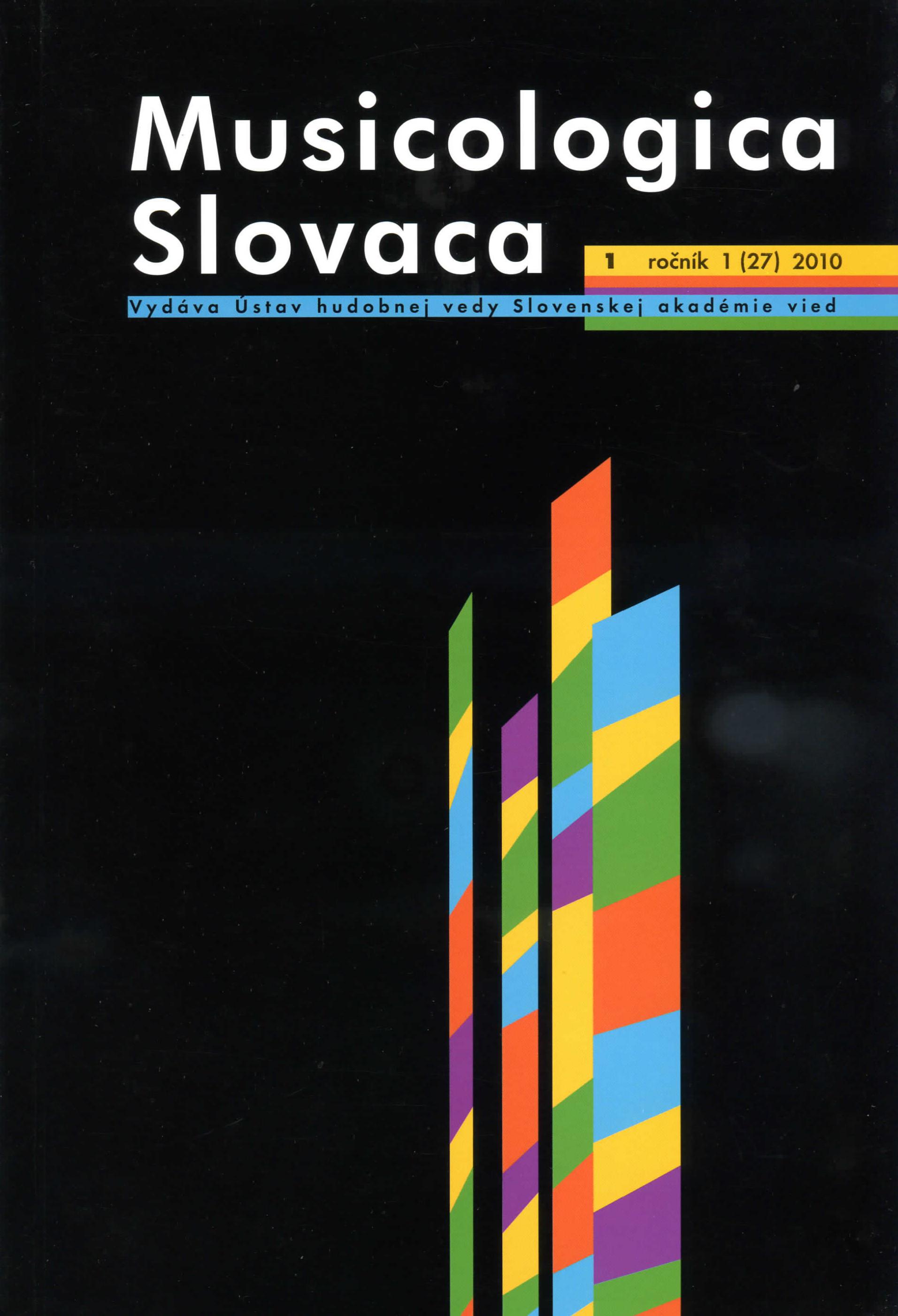Balada g mol E. H. Griega v kontexte vývoja klavírnej balady
E. H. Grieg’s Ballade in G minor in the Context of the Development of the Piano Ballad
Author(s): Markéta ŠtefkováSubject(s): Music, Studies of Literature, History of Art
Published by: SAV - Slovenská akadémia vied - Ústav hudobnej vedy Slovenskej akadémie vied
Keywords: ballad; literature; music; epic; lyric; drama; tragic character
Summary/Abstract: This paper aims to highlight certain features of the use of the ballad genre and poetics in music, with particular reference to the piano literature of the 19th century. Based on a definition of epic, lyrical and dramatic poetics in literature, their analogies in the field of music have been indicated also. After close consideration of the genesis and formation of the piano ballad genre, attention is focused on the Ballade in G minor op. 24 by the Norwegian composer Edvard Hagerup Grieg, which represents a distinctive synthesis of two types: the virtuoso piano ballad and the ballad inspired by literature. Typical of the latter, apart from its inspiration by a particular source of folk provenance, is the use of folklore elements for the purpose of idealising a certain ethnic group and nationality. Based on analysis of Grieg’s work, the author demonstrates the use of epic, lyrical and dramatic poetics in music and the methods by which the composer integrates folklore idiom within their context, as well as the specifically musical strategies by which he seeks to evoke the ballad character and the tragic rupture at the work’s conclusion.
Journal: Musicologica Slovaca
- Issue Year: 4/2013
- Issue No: 1
- Page Range: 33-57
- Page Count: 25
- Language: Slovak

